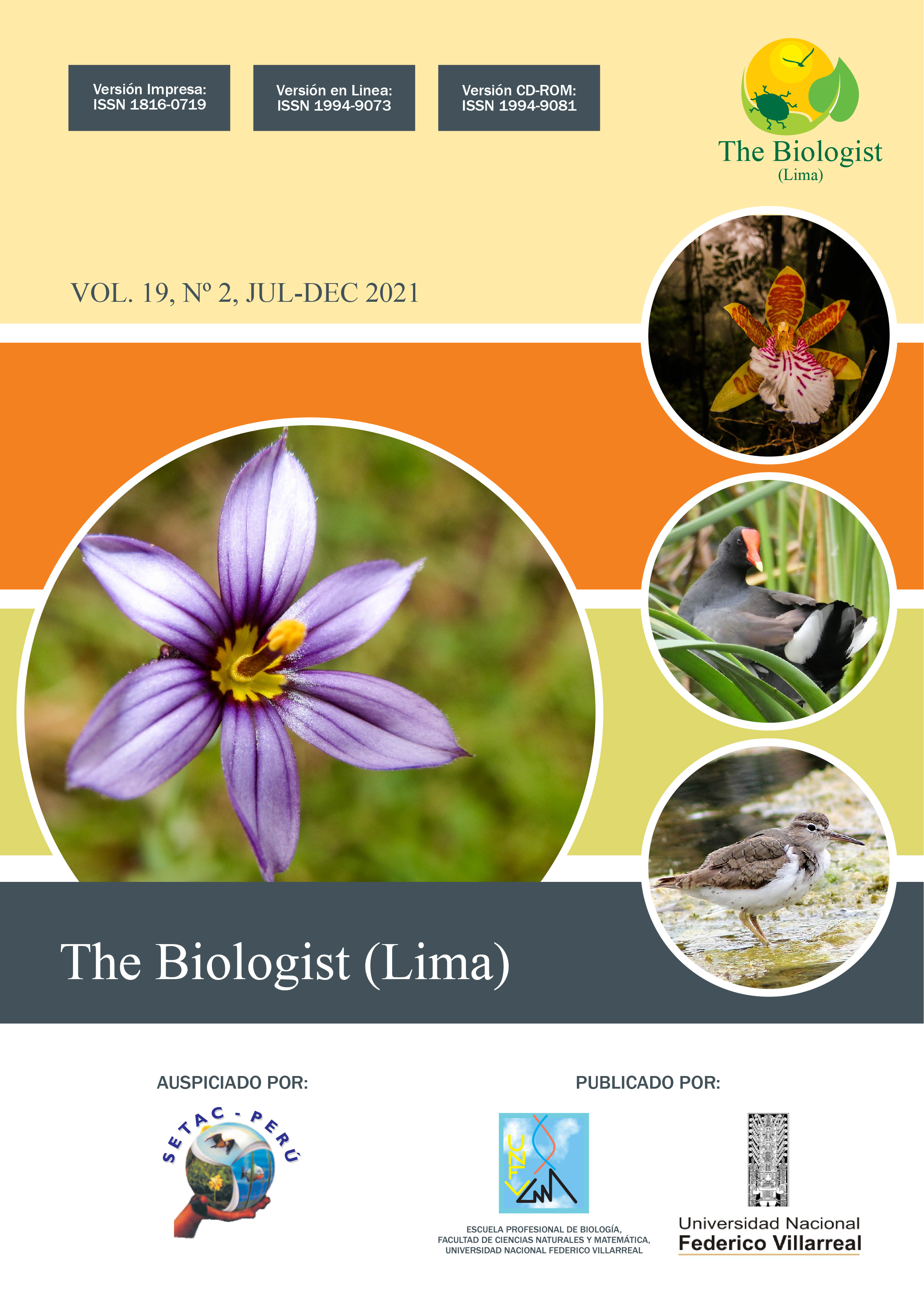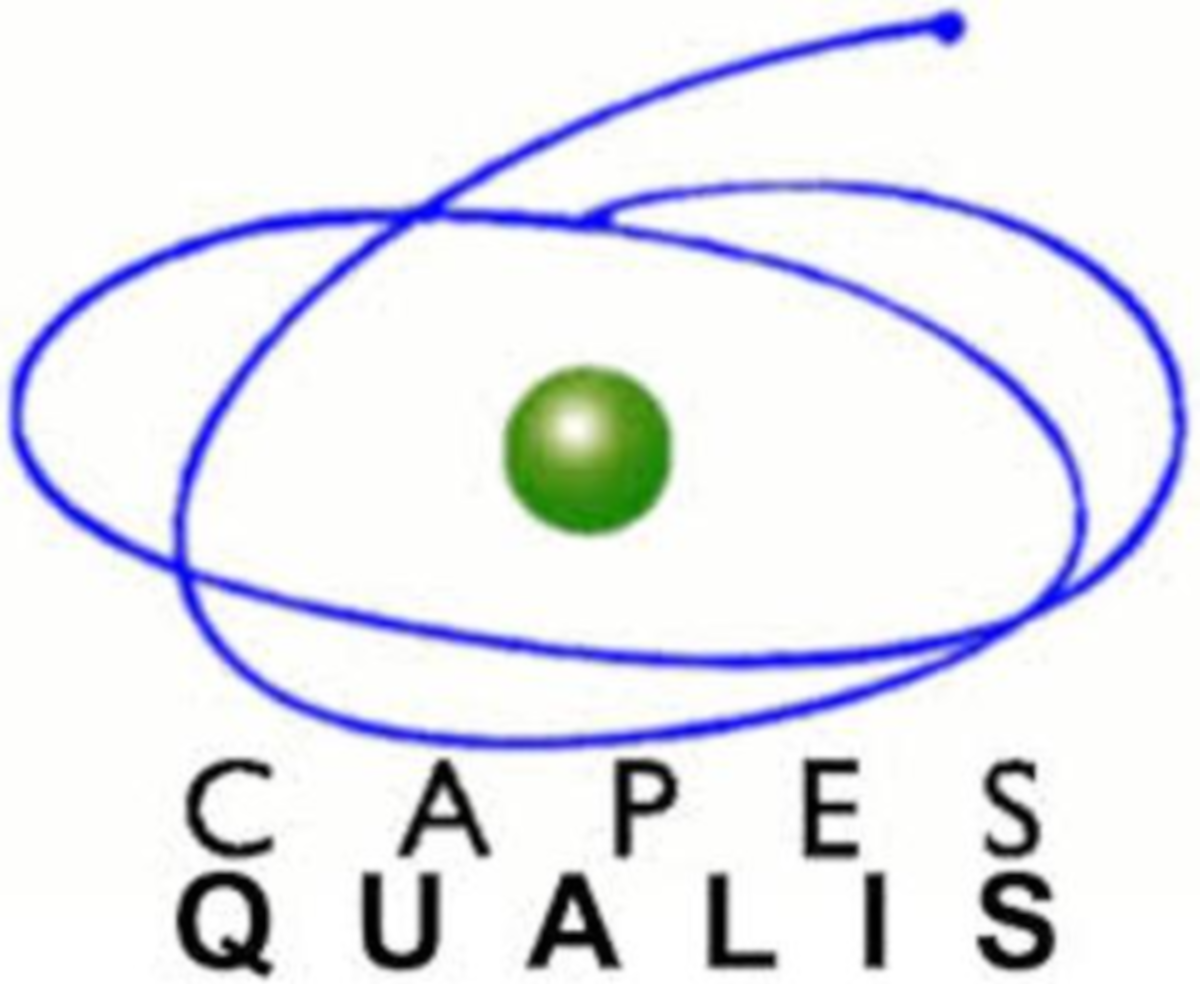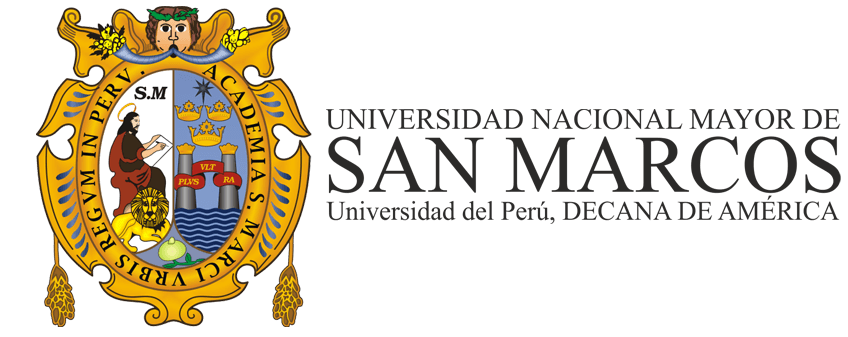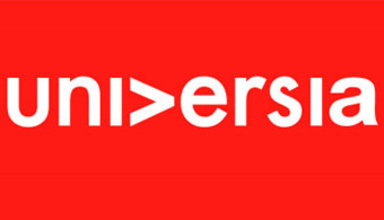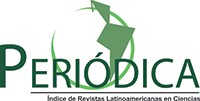UNMARKING THE CATALOGED BRAIN IMAGE PATTERN FOR DISAPREHENDING FROM A PHILOSOPHICAL CONCEPTUALIZATION
DOI:
https://doi.org/10.24039/rtb20211921176Keywords:
brain function, image construction, learning, memory, neural connectivityAbstract
The aim of the study was to analyze the marking of the cataloged pattern of brain image to unlearn from a philosophical conceptualization. From July 2020 to June 2021 the study was carried out at the National University ¨San Luis Gonzaga¨, Ica, Peru. After giving 15 training workshops and 5 postgraduate courses for research training, four university teachers were randomly selected where two levels of intellectual function were considered (1st: memory and 2nd: learning), but only the intellectual function of learning through five practical criteria of conceptual evaluation (conceptual framework of apprehension, conceptual operationalization, recognition of conceptual image, conceptual application and conceptual imprecision). Through an example that consisted of the quantitative technique of measurement by psycho-labor test of pencil and paper, the evaluation of the level of intellectual learning function was carried out. Through the philosophical conceptualizations: transformation, change and movement, the analysis of the cataloged pattern of brain image was made to unlearn where it was limited, since the conceptual operationalization was low and implied, a deficient conceptual image recognition, incorrect conceptual application and conceptual imprecision. Subsequently, repetitive tests were applied with questions and answers from the philosophical conceptualizations and that were shown to be illustrative where it was contributed to the demarcation of the cataloged pattern of brain image for unlearning.
Downloads
Published
How to Cite
Issue
Section
License

This work is licensed under a Creative Commons Attribution-NonCommercial-NoDerivatives 4.0 International License.
Objeto: El AUTOR-CEDENTE transfiere de manera TOTAL Y SIN LIMITACIÓN alguna al CESIONARIO (Revista The Biologist (Lima)) los derechos patrimoniales que le corresponden sobre sus obras por el tiempo que establezca la ley internacional. En virtud de lo anterior, se entiende que el CESIONARIO adquiere el derecho de reproducción en todas sus modalidades, incluso para inclusión audiovisual; el derecho de transformación o adaptación, comunicación pública, traducción, distribución y, en general, cualquier tipo de explotación que de las obras se pueda realizar por cualquier medio conocido o por conocer en el territorio nacional o internacional.
Remuneración: La cesión de los derechos patrimoniales de autor que mediante este contrato se hace será a título gratuito.
Condiciones y legitimidad de los derechos: El AUTOR-CEDENTE garantiza que es propietario integral de los derechos de explotación de la(s) obra(s) y en consecuencia garantiza que puede contratar y transferir los derechos aquí cedidos sin ningún tipo de limitación por no tener ningún tipo de gravamen, limitación o disposición. En todo caso, responderá por cualquier reclamo que en materia de derecho de autor se pueda presentar, exonerando de cualquier responsabilidad al CESIONARIO.
Licencia de acceso abierto: El AUTOR-CEDENTE autoriza que manuscrito publicado en la Revista Científica The Biologist (Lima) (versión Impresa ISSN 1816-0719, versión en línea ISSN 1994-9073) permanece disponible para su consulta pública en el sitio web http://revistas.unfv.edu.pe/index.php/rtb/index y en los diferentes sistemas de indexación y bases de datos en las que la revista tiene visibilidad, bajo la licencia Creative Commons, en la modalidad Reconocimiento-No comercial- Sin Trabajos derivados –aprobada en Perú, y por lo tanto son de acceso abierto. De ahí que los autores dan, sin derecho a retribución económica, a la Escuela Profesional de Biología, Facultad de Ciencias Naturales y Matemática de la Universidad Nacional Federico Villarreal (EPB - FCCNM - UNFV), los derechos de autor para la edición y reproducción a través de diferentes medios de difusión.

